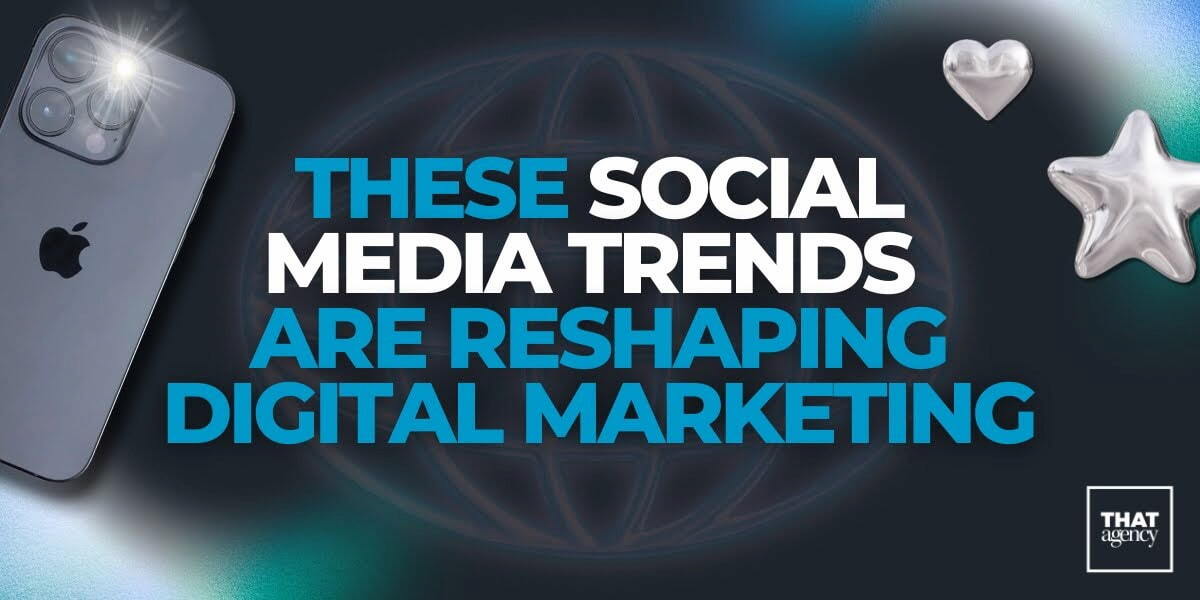Google has been mired in an investigation by the European Commission, which enforces EU policies, for antitrust activities. Only a few years ago, Microsoft lost a battle with the EU that cost them billions of euros, and Google is hoping to escape a similar fate. According to a Reuter’s source, “Google and European Union regulators are in early talks to resolve an antitrust probe against an Internet’s dominant search engine…there is some interest from both sides, some tentative discussions in resolving the issue, but no really concrete proposals on the table.” Still, Google is not the only one hoping for a positive resolution.
Duncan Parry of Search Engine Watch was sent a series of documents, which the EU requested his firm complete as part of their investigation into Google. He writes, “I feel a growing unease that the bureaucrats who will ultimately pass judgment on Google may do more damage than good.” It is some of the questions that the EU is asking that has Parry, and others, on edge. Specifically, there are “a surprising number of questions around how easy it is to port data between AdWords and other platforms, how easy Google makes this and if it could be done ‘by a programmatic tool,’ as well as questions about the AdWords API, legal agreements with Google and anyway Google tries to restrict the use of other platforms.”
How could this impact PPC? According to Parry, Google could be ordered by the EC to add tools that allow promotions to be copied and pasted from Google to other services, such as adCenter, which is a Microsoft product, so competition could be expanded. However, Parry points out, simply moving a campaign from Google to another platform “won’t bring the best results.” “The systems have different campaign options, treat search strings and match types different, have different consumer user bases, etc.” Something would be lost in the translation, in other words.
If this were to happen, it could impact the quality of PPC campaigns and weaken returns on investment for marketers. Parry is hoping that answering the EU’s questions could help convince the Commission not to take this step. Instead, concentrating on Google’s practices of contacting advertisers without telling their agencies or locking top AdWords slots for its own products, will be a larger priority for the Commission to tackle.




